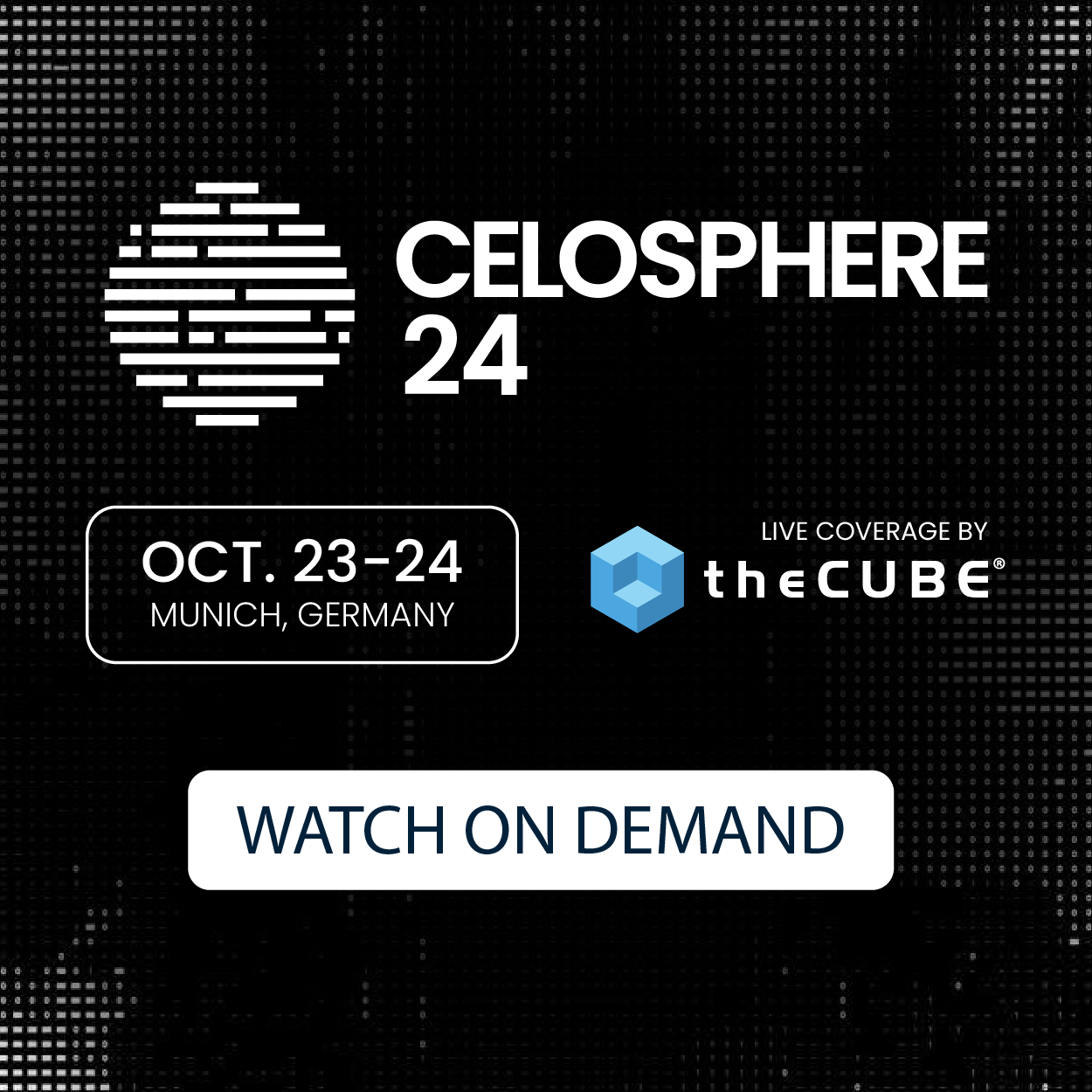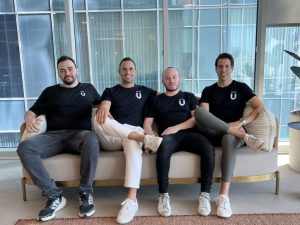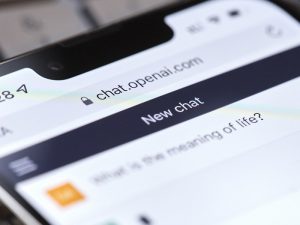BlackBerry’s revival may rely on connected cars
![]() This week’s SmartCar roundup features the emerging leaders in the connected car market, apps to dominate cars, a software giant partnering with a French car brand, and the latest members pushing connected car initiatives.
This week’s SmartCar roundup features the emerging leaders in the connected car market, apps to dominate cars, a software giant partnering with a French car brand, and the latest members pushing connected car initiatives.
BlackBerry QNX top choice for connected cars
BlackBerry is seen as a company slowly crumbling, but its new CEO John Chen is breathing a new life into the handset maker by not focusing too much on touchscreen devices. The company is now focusing on software and delivering hardware to business and government agencies, rather than focusing on what mobile consumers want.
And though many may not want to own a BlackBerry phone, car manufacturers are choosing QNX, BlackBerry’s mobile operating system, for use in their infotainment systems. Car manufacturers such as Ford, Porsche and BMW use QNX for their mapping, communication and entertainment systems.
“All of a sudden, with the industry’s move on connected cars and the ‘Internet of Things’ and machine-to-machine and Big Data, it seems to be all colliding and helping us in where we position ourselves,” Chen said. “Now our job is to continue to lead in that space and also branch out to other verticals.”
Apps to dominate cars
Consumers are now accustomed to using apps on their mobile devices and at present, there’s an app for almost anything you can think of. This love for apps is starting to extend to other platforms, as people want the ease-of-use nature of apps translated in every aspect of their lives.
One of these platforms that will soon see an abundance of apps is the connected car. People are looking for ways to accomplish things while they get from point A to B, without being distracted by their smartphones. There are now apps that lets you stream music, get directions, send text messages, or find parking spots, but you often need to input information on your smartphone, taking your concentration away from the road. This is not safe.
What consumers want is a native car app that lets you accomplish tasks with just using your voice. This allows the driver to keep eyes on the road, while still getting things done.
“If you were to interview a random couple in a dealer’s parking lot two years ago, their purchasing factors would be things like space, smoothness of the drive and mileage,” said Bryan Trussel, CEO of location-sharing app Glympse. “But looking forward two years, we’ll see apps playing a much bigger part.”
Trussel believes that in the future, consumers would be interested in the apps that come with the car, and what these apps can do for them to help them be more productive while driving.
Car manufacturers are geared towards launching apps stores of their own that will feature apps that can be directly downloaded to cars’ infotainment systems and deliver more useful features to drivers. The biggest challenge for app developers will be providing an interface that will be less distracting for drivers.
IBM partners with Peugeot
IBM and French car maker Peugeot are collaborating on the future of connected cars. IBM will be applying its data analytics technology to Peugeot’s vehicle technology, as well as transportation technologies, to deliver a more robust information center for the car maker to be used in its future line of vehicles.
Data can be gathered from different sources such as connected traffic lights, highway sensors and connected bridges, and can be used to deliver real-time road conditions, traffic congestion and even pedestrian activity. This is what IBM sees with its partnership with Peugeot, extending to car data to determine vehicle health, refine insurance premiums, and even help Peugeot make better and safer cars. People traffic can also be monitored by tracking the activity of mobile devices, which can be used to determine the appropriate times to salt roads, or for transit agencies to determine when to dispatch more buses or trains.
Details of the collaboration were vague aside from the promise of delivering driver-facing apps and services for Peugeot car owners. No timeline of when the said apps and services will be released, and what avenues will be tapped to gather road data.
More connected car news
AAA, the North American automotive federation, announced that it has appointed Atul Kishore as Vice President for its Connected Car arm. Kishore will “lead the Association’s strategy to deliver next-generation connected car services, protect the rights of motorists and consumers and improve safety and use of new vehicle technologies.”
The Linux Foundation announced that Advanced Driver Information Technology GmbH, ATS Advanced Telematic Systems GmbH, GlobalLogic, and OBIGO, are joining the organization, as well as the Automotive Grade Linux (AGL) Steering Committee to help in the creation of a Linux-based platform to meet the security and performance requirements of the automotive industry.
“The automotive industry is the latest vertical market to adopt Linux as the next generation platform for infotainment and connected car applications,” said Amanda McPherson, Vice President of Marketing and Developer Programs at The Linux Foundation. “The Linux Foundation’s Automotive Grade Linux project is leading the effort in defining an open Linux platform to be used by the industry for decades to come.”
photo credit: nan palmero via photopin cc
A message from John Furrier, co-founder of SiliconANGLE:
Your vote of support is important to us and it helps us keep the content FREE.
One click below supports our mission to provide free, deep, and relevant content.
Join our community on YouTube
Join the community that includes more than 15,000 #CubeAlumni experts, including Amazon.com CEO Andy Jassy, Dell Technologies founder and CEO Michael Dell, Intel CEO Pat Gelsinger, and many more luminaries and experts.
THANK YOU





















